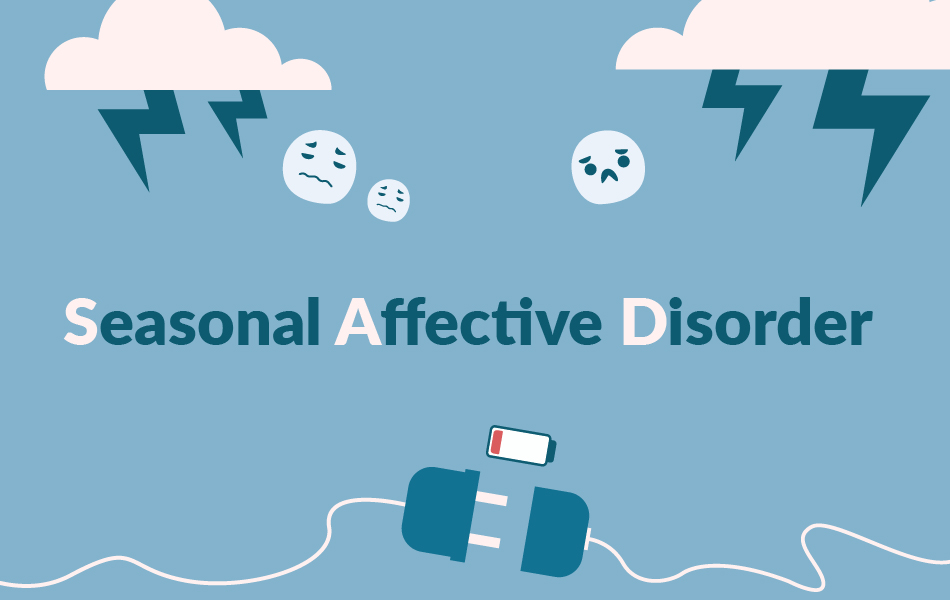
Cancer Survivors: The Impact of Diagnosis and Treatment on Mental Health
March 4, 2019
Are Autistic Children Being Treated Fairly?
April 2, 2019Munchausen Syndrome is a serious mental illness where an individual will pretend to suffer from an illness for the sake of attention from others.
The condition is usually underpinned by either a behavioural or compulsive disorder, with individuals struggling with severe emotional deficits. They feed off attention from friends, family, and even co-workers – their only motivator – unlike in the case of malingering, where people feign illness for financial gain. Those with Munchausen Syndrome, or Factitious Disorder Imposed on Self, don’t care about money. It’s the special attention they are after.
Munchausen Syndrome By Proxy (Factitious Disorder Imposed On Another) is a second way Munchausen Syndrome can manifest. In these cases, an individual will fabricate illness in someone else, usually a child. For instance, a mother with Munchausen Syndrome By Proxy will make up sicknesses for her child, providing treatments that are often harmful and can lead to severe illness and even death.
The Depth of These Conditions
Munchausen By Proxy is quite rare, most commonly affecting mothers who have Munchausen Syndrome – faking illness within themselves – and then go on to medically abuse their children. It’s hard to pick up on Munchausen By Proxy because the caregiver goes to great lengths to induce symptoms in the victim that seem all too real to medical professionals. Thus the made-up illness is diagnosed, and not the disorder. There are things to look out for, however, including caregivers who lie about or exaggerate a victim’s symptoms, falsifying medical records, inducing symptoms through methods like poisoning, and manipulating medical tests.
An individual with Munchausen By Proxy often fits a very specific profile as well – they are usually mothers, aged between 20 and 40 years, comes across as caring, loving, and protective, always keen to cooperate with doctors, shows an uncommon deep interest in medical procedures and details, and overly enjoys the attention received.
In order to identify a victim of Munchausen By Proxy, doctors look for specific symptoms that include a history of hospital visits with a series of different doctors, often in different cities. In Munchausen cases the symptoms that present often don’t correspond to a clear condition and are a jumble of issues that don’t make sense to doctors. Two significant red flags for Munchausen By Proxy is when the victim’s condition improves while in hospital but then worsens after they go back home, and test results that shows foreign chemicals in the victim’s urine, stool, and blood.
Speak Out Against Munchausen
Although the underlying cause of Munchausen Syndrome is unclear, the immediate cause can be attributed to the individual’s unhealthy need for attention and sympathy. Researchers believe that the root for this disorder may lie in a history of abuse, genetic predisposition, low self-esteem, and being a victim of Munchausen By Proxy themselves. One of the most famous cases of Munchausen By Proxy involved Lacey Spears, a mother who caused her young son to develop Garnett’s sickness.
Using a feeding tube, she slowly poisoned him with salt until he eventually died at the age of 5. Lacey Spears was found guilty of murder and given a sentence of 20 years to life in prison. This was a big case that went public, but what about the ones that go undetected? What happens when Munchausen’s is missed by doctors and victims are left to be tortured to their deaths?
At ZwavelStream Clinic we strive to offer support and treatment to those who suffer by and from this mental health condition. Taking into consideration the signs and symptoms we’ve outlined above, if you suspect that someone you know may be at risk please don’t hesitate to contact us for more information about treatment.





